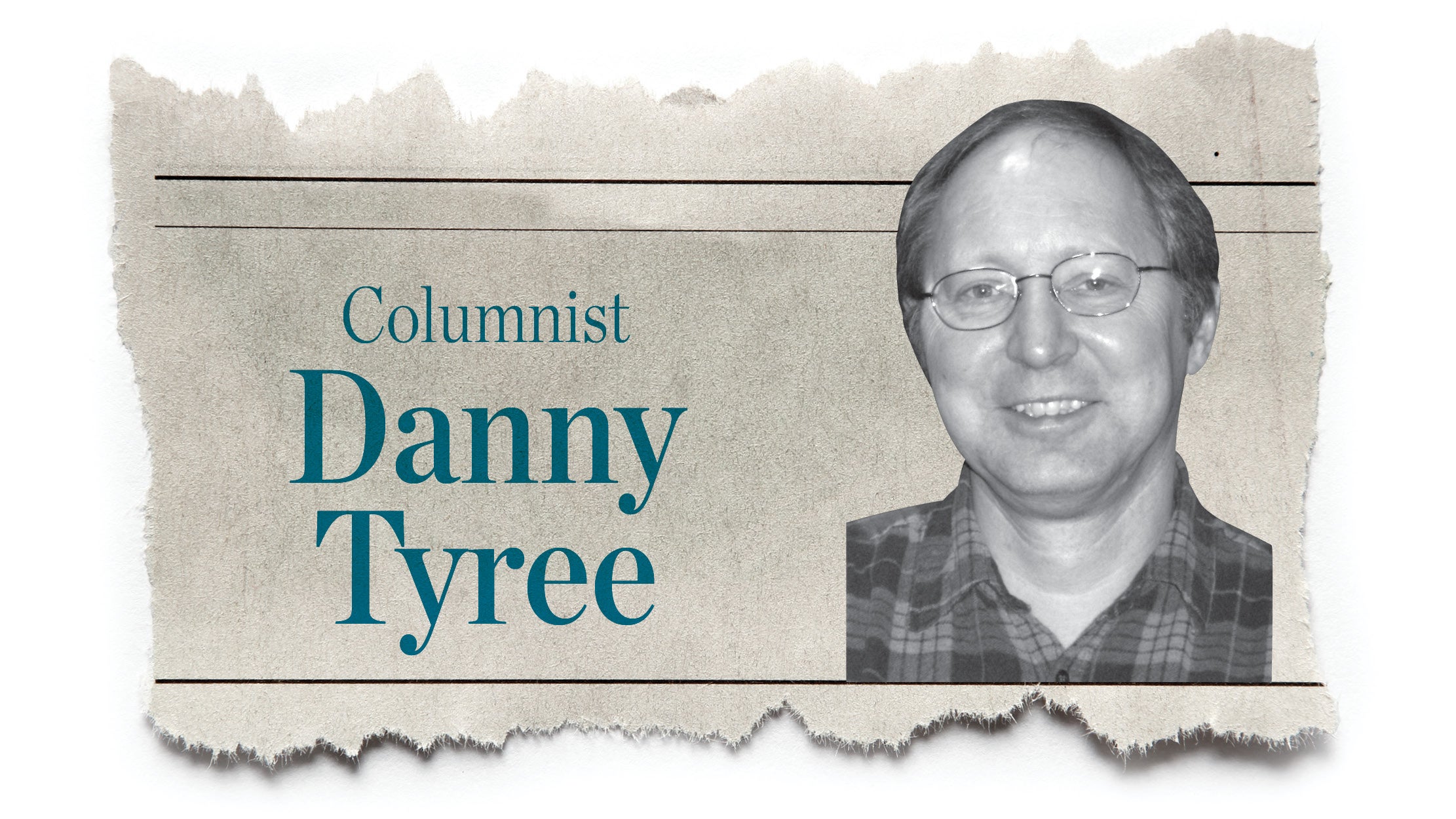Tim Throckmorton: Truly thankful for American traditions
Published 12:00 am Monday, November 20, 2023
It was the day of the big “After Thanksgiving Day” or “Black Friday,” as most people call it, sale.
Rumors of great savings, along with the stellar advertising campaign, were the main reason for the long line that formed by 5:30 a.m. for the store’s 6 a.m. opening time, in front of the store.
A small man pushed his way to the front of the line, only to be pushed back, amid loud and colorful curses.
On the man’s second attempt, he was punched square in the jaw, and knocked around a bit, and then thrown to the end of the line again.
As he got up the second time, he said to the person at the end of the line…”That does it! If they hit me one more time, I won’t open the store!”
Funny isn’t it. The most important person was almost turned away.
It can happen though, especially this time of year.
Funny business aside, here we here in the United States of America and incredibly blessed to celebrate such a day together as a nation.
Not all nations have a day of national Thanksgiving and I believe it’s important to know why we do.
Located in the Rotunda of the Capitol building of the United States of America is a selection of eight paintings that highlight some of the most memorable of moments in our nation’s history.
Among them are the signing of the Declaration of Independence, the Baptism of Pocahontas, and the Landing of Columbus.
Among my favorites is one, which in 1836, the United States government commissioned Robert W. Weir to paint “The Picture of the Embarkation of the Pilgrims from Delfthaven in Holland.”
It was one of several large-scale (12’ x 18’) paintings chosen to represent significant historical moments leading to the founding of the American Republic.
Completed in 1843, it depicts the Pilgrim families gathered around their pastor, John Robinson, for a farewell service on the deck of the Speedwell before its departure from Holland.
Clearly seen in the painting is a Geneva Bible, opened to John 3:16, and the name of Jesus Christ, plainly seen on the open page of a large Bible.
This painting in the Capitol is further proof of our nation’s Christian heritage.
In a letter applying for financing for this venture to America, Pastor Robinson and Elder Brewster expressed their reasons for their confidence in making the move to America: “First, we verily believe and trust that the Lord is with us, unto Whom and Whose service we have given ourselves, in many trials, and that He will graciously prosper our endeavors according to the simplicity of our hearts.”
“Second, we are well weaned from the delicate milk of our mother country and accustomed to the difficulties of a strange and hard land, which yet in a great part we have by patience overcome.”
“Third, the people are, for the body of them, [as] industrious and frugal; we think we may safely say, as any company of people in the world.”
“Fourth, we are knit together as a body in a most strict and sacred bond and in covenant with the Lord, with the desecration whereof we make with great conscience, and by virtue whereof, we do hold ourselves straightly tied to the care of each other’s good, and of the whole by everyone and so mutually.”
“Fifth and lastly, it is not with us as with other men, whom small things can discourage, or small discontentment’s cause to wish themselves at home again.”
Simply put, “We’re leaving and we’re not coming back.”
Pastor John Robinson compared the Pilgrim’s vision to the exiled Jews of Ezra and Nehemiah’s day: known as the pilgrims.
Pastor John Robinson Wrote “Now as the people of God in old time were called out of Babylon, the place of their bodily bondage and were to come to Jerusalem and there build the Lord’s temple, so we are the people of God now to go out of this spiritual Babylon to a America a new Jerusalem for us and there to build ourselves as lively stones into a spiritual house or for the Lord to dwell in.”
These are the people who we remember at Thanksgiving.
Our first president George Washington, in 1789, issued a proclamation that began with these words… “Whereas it is the duty of all nations to acknowledge the providence of Almighty God, to obey His will, to be grateful for His benefits, and humbly to implore His protection and favor; and—Whereas both Houses of Congress have, by their joint committee, requested me “to recommend to the people of the United States a day of public thanksgiving and prayer, to be observed by acknowledging with grateful hearts the many and signal favors of Almighty God, especially by affording them an opportunity peaceably to establish a form of government for their safety and happiness.”
May America always remain… truly thankful!
Tim Throckmorton is the national director of Family Resource Council’s Community Impact Teams.





